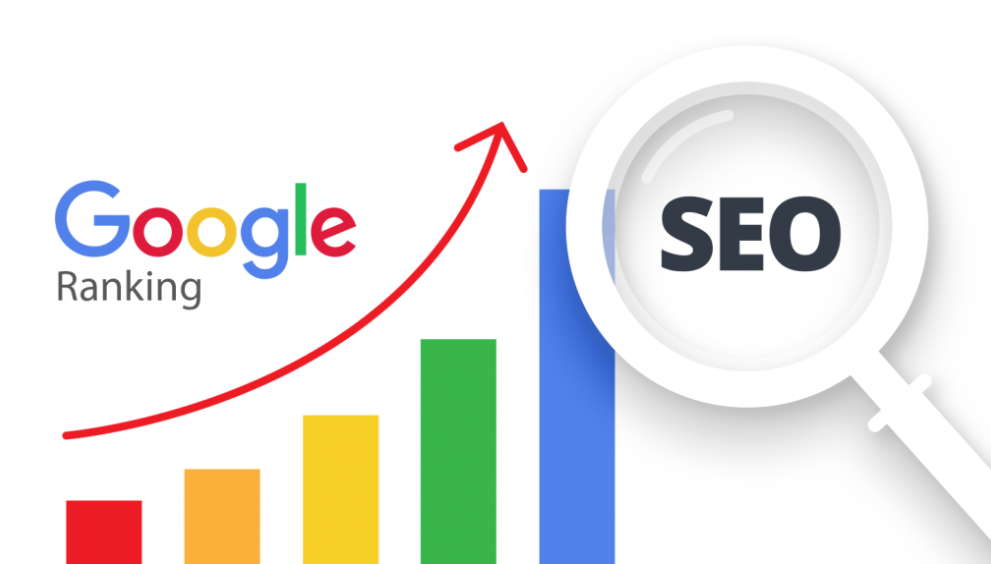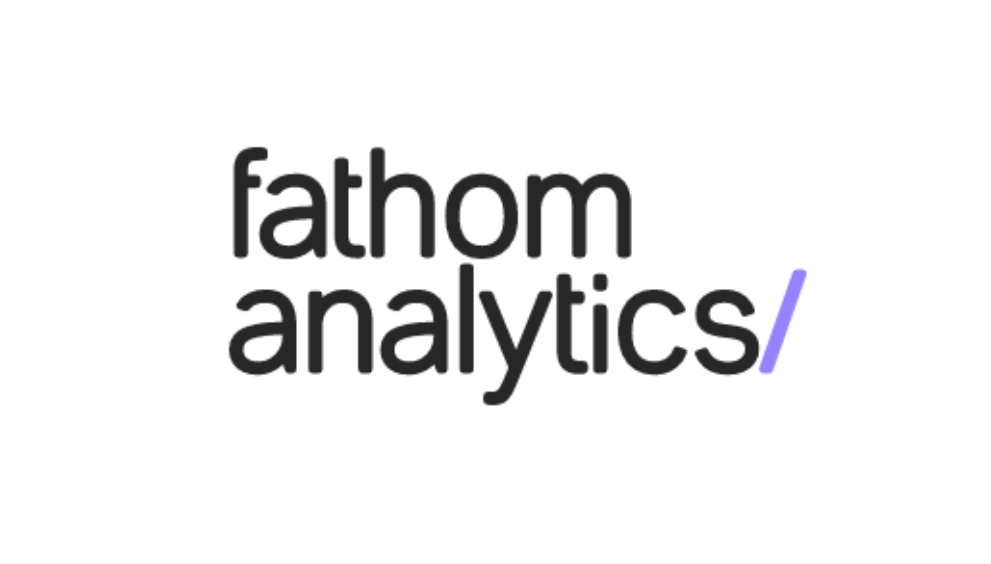Best Website Analytics Tools for Beginners in 2025

Best Website Analytics Tools for Beginners in 2025
In 2025, website analytics tools have become more advanced, yet many of them remain beginner-friendly. Whether you’re running a blog, an online store, or a business website, understanding your audience is crucial for growth. The right analytics tool can help you track visitors, analyze behavior, and improve your website’s performance.
If you’re new to website analytics, don’t worry! This guide will introduce you to the best beginner-friendly analytics tools that are easy to understand and use.
Why Do You Need Website Analytics?
Before we dive into the tools, let’s understand why analytics are important:
Track Visitors – See who is coming to your site, where they are from, and what they do.
Understand Behavior – Find out which pages get the most traffic and where users drop off.
Improve SEO & Marketing – Identify which keywords and content bring the most traffic.
Boost Conversions – Analyze what’s working and make data-driven improvements.
Now, let’s explore the best analytics tools for beginners in 2025.
Best Website Analytics Tools for Beginners
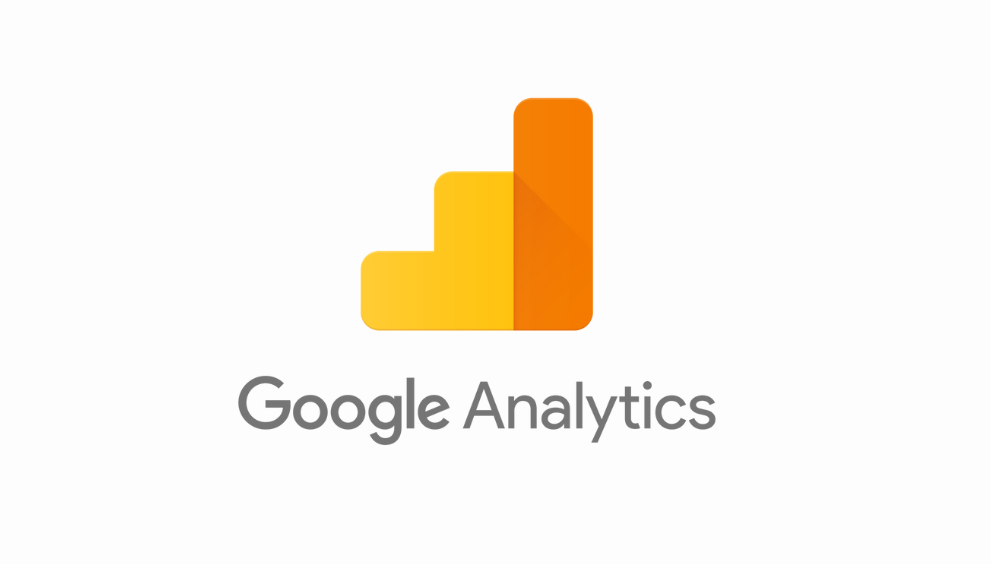
1. Google Analytics 4 (GA4)
Best for: General website tracking
Why use it?
Google Analytics 4 is a free and powerful tool that helps track website traffic and user behavior. It provides reports on:
✔️ How visitors find your site
✔️ Which pages they visit
✔️ How long they stay
Beginner-Friendly Features:
Simple reports with visual charts
AI-powered insights
Integration with Google Ads & Search Console
💡 Tip: Use GA4’s “Exploration Reports” to track user journeys easily.
Matomo

Best for: Privacy-focused analytics
Why use it?
Unlike Google Analytics, Matomo is an open-source tool that gives you full control over your data. It’s great for those who want privacy-friendly tracking.
Beginner-Friendly Features:
Easy-to-read dashboard
GDPR-compliant and cookieless tracking
WordPress integration
💡 Tip: If you prefer self-hosted analytics, Matomo is a great choice.
Clicky

Best for: Real-time traffic monitoring
Why use it?
Clicky provides real-time analytics, meaning you can see visitors on your website as they browse.
Beginner-Friendly Features:
Live visitor tracking
Heatmaps to see where users click
Simple interface with no complicated reports
💡 Tip: Clicky’s heatmaps help understand which parts of your website get the most attention.
Fathom Analytics

Best for: Simple and privacy-focused tracking
Why use it?
Fathom Analytics is a great alternative to Google Analytics for those who want easy-to-understand reports without compromising privacy.
Beginner-Friendly Features:
One-page dashboard with key insights
No cookies, making it GDPR-compliant
Fast and lightweight
💡 Tip: If you want a clutter-free experience, Fathom is perfect.
Plausible Analytics
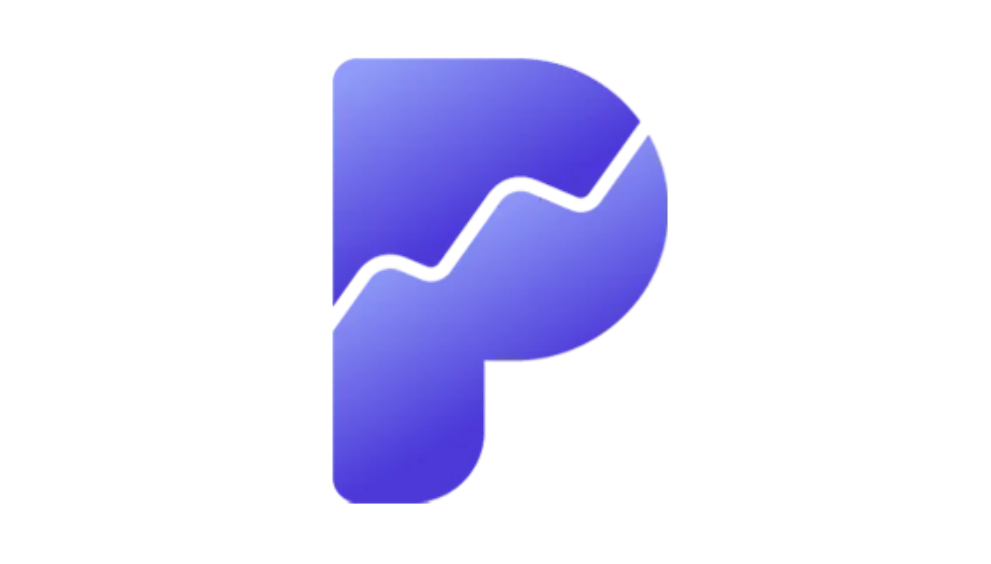
Best for: Lightweight and easy tracking
Why use it?
Plausible is another privacy-friendly analytics tool that focuses on simplicity. It provides essential data without the complexity of Google Analytics.
Beginner-Friendly Features:
Minimalist dashboard
No cookies or tracking scripts
Works great for blogs and small businesses
💡 Tip: Plausible is a great option if you need basic stats without extra features.
How to Choose the Best Analytics Tool for You?
Here’s how to decide which tool is best for your needs:
If you’re just starting, Google Analytics 4 is the best choice because it’s free and provides deep insights. But if privacy is your concern, go with Matomo, Fathom, or Plausible.
Final Thoughts
Website analytics don’t have to be complicated. The tools listed above are designed to help beginners understand visitor behavior, improve their content strategy, and grow their website efficiently.
If you’re starting out, begin with Google Analytics 4 and experiment with Clicky or Plausible for a more user-friendly experience. As your website grows, you can explore advanced features in these tools.Read more informative blogs
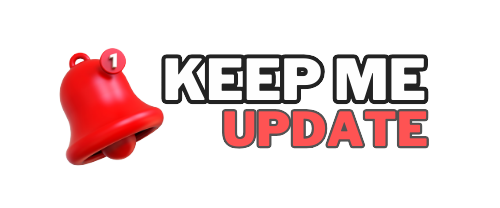
 English
English 




































































